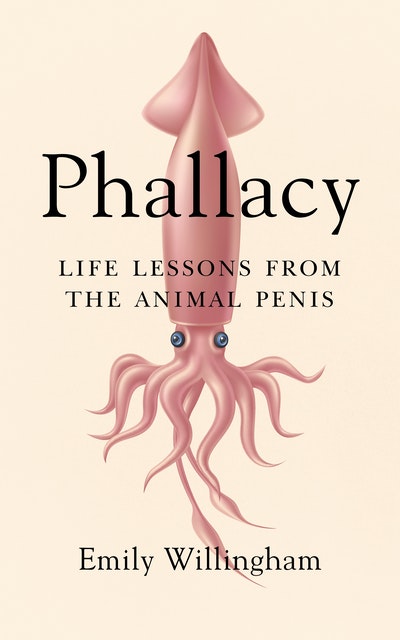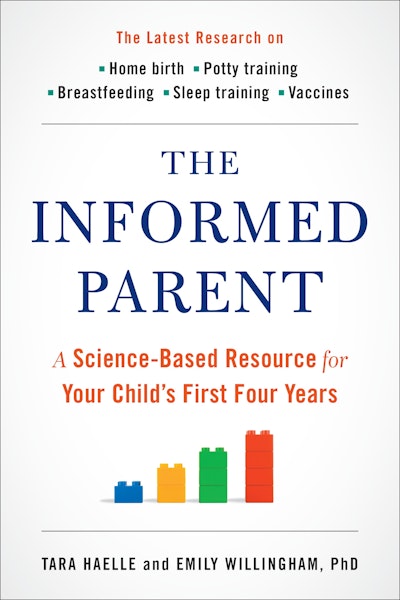A wry look at what the astonishing world of animal penises can tell us about how we use our own.
The fallacy sold to many of us is that the penis signals dominance and power. But this wry and penetrating book reveals that in fact nature did not shape the penis--or the human attached to it--to have the upper...hand.
Phallacy looks closely at some of nature's more remarkable examples of penises and the many lessons to learn from them. In tracing how we ended up positioning our nondescript penis as a pulsing, awe-inspiring shaft of all masculinity and human dominance, Phallacy also shows what can we do to put that penis back where it belongs.
Emphasizing our human capacities for impulse control, Phallacy ultimately challenges the toxic message that the penis makes the man and the man can't control himself. With instructive illustrations of unusual genitalia and tales of animal mating rituals that will make you particularly happy you are not a bedbug, Phallacy shows where humans fit on the continuum from fun to fatal phalli and why the human penis is an implement for intimacy, not intimidation.




